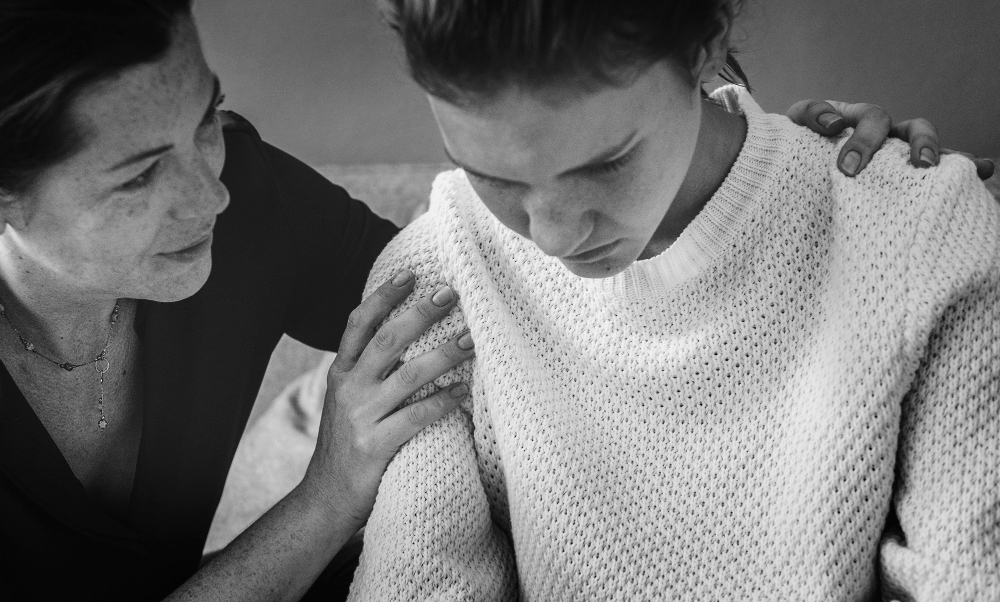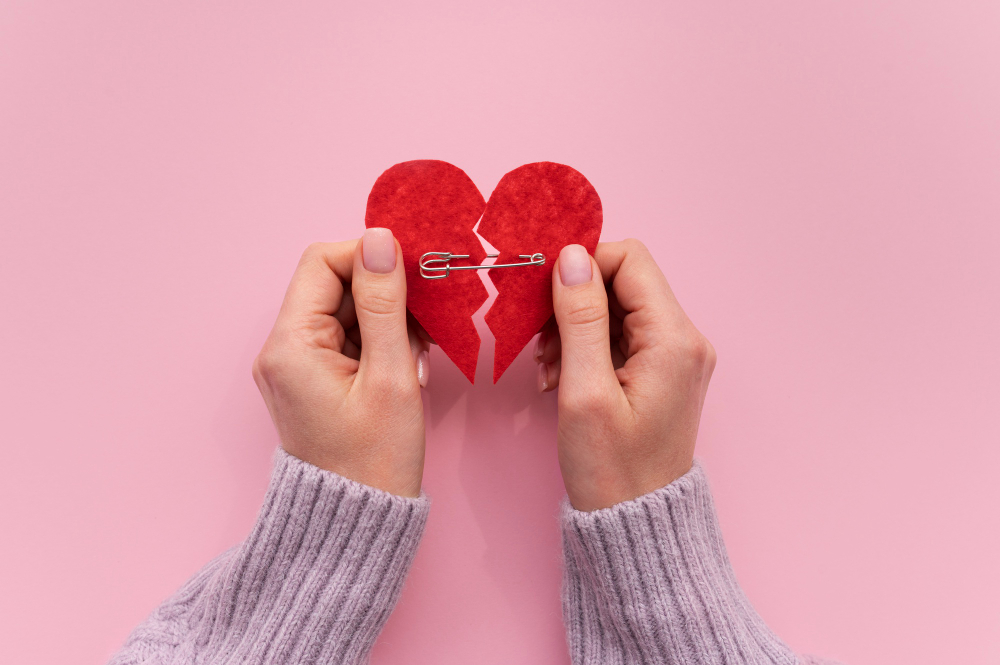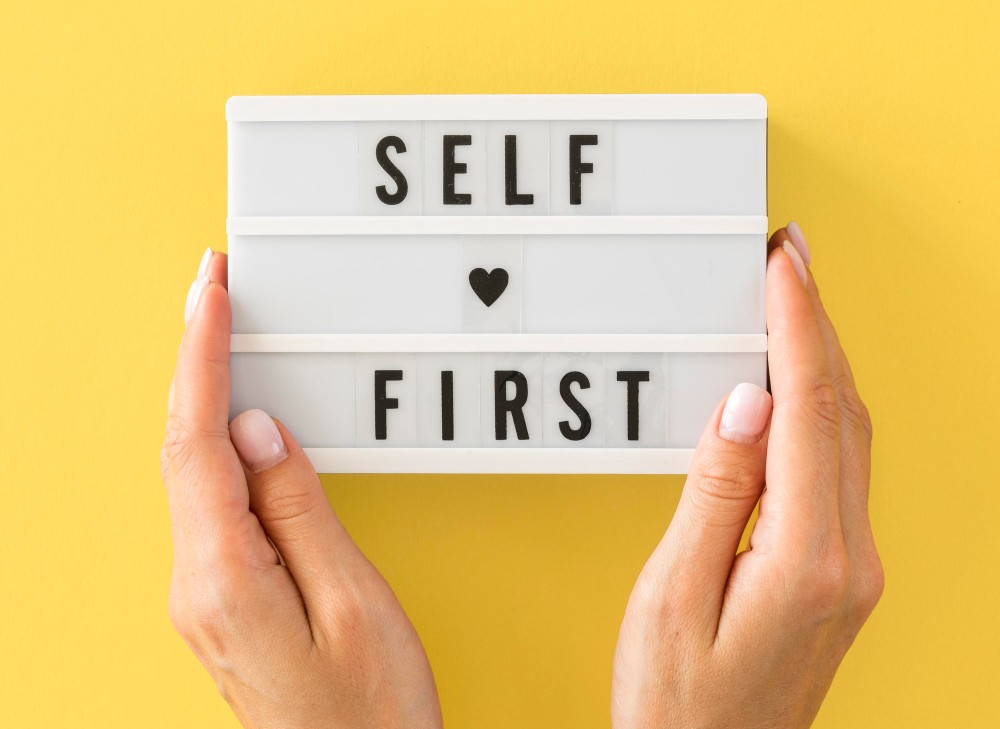CONTACT US: 0919 058 5858 | 02 899 51920
CONTACT US:
0919 058 5858 | 02 899 51920
Regine Velasquez, “Asia’s Songbird”, delivers a powerful message of resilience and moving on in her iconic song, “You’ve Made Me Stronger”. The chorus goes, “You’ve made me stronger by breaking my heart. You ended my life and made a better one start. You’ve taught me everything from falling in love, to letting go of a lie. Yes, you’ve made me stronger, baby by saying goodbye.”
A broken heart, whether from a breakup, the loss of a loved one, a rejection, or a defeat, is one of life’s most painful and distressing experiences. Unfortunately, it’s something that affects nearly everyone. A heartache is far more than a feeling of sadness. It is often a complex of emotions that can overwhelm and impact your mental and physical health.

Take a closer look at the ripple effect of a broken heart and how it triggers different psychological and physical responses.

A heartache can have physical effects due to the rush of stress hormones like cortisol and adrenaline.

While heartache is a universal experience, people deal with a broken heart differently. This painful emotional experience can be a challenging and difficult journey for many people but there are ways to deal with a broken heart. Here are some self-care coping strategies to promote the healing process and help you move forward.

Healing a broken heart is a deeply personal journey. While they say that time is the ultimate healer, learning to embrace self-care strategies – from allowing yourself to feel your emotions to seeking professional help – can help foster healing.

Easy access health plan options for the Filipino community.
We know finding the right healthcare plan can be a complex and confusing task.
Our health plan specialists are always here to help 24/7.
Got more questions?